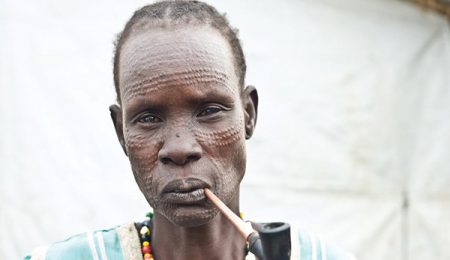Sports world should recognize women, not see female presence in sports as weakness
In a recent game against the Tampa Bay Rays, Blue Jays player José Bautista made contact with an opposing baseman’s foot while sliding into base, resulting in a ruling that potentially cost them the game. Disappointed by the call, Jays manager John Gibbons during a press conference commented that he felt his team should “come out wearing dresses” in a latter game, implying that the rule is unnecessary and detracts from the masculinity of baseball.
Gibbons latter faced backlash for the comment and its obvious degradation of women. While he was unapologetic, and many defended the comment saying it was just a joke, it’s an example of the microaggressions that women must face every day, particularly in the world of sports. It’s comments that perpetuate the idea that words pertaining to women are synonymous with weakness.
Women are constantly exposed to comments that harm their self-worth, and it’s important that comments like Gibbons’ are recognized for how they contribute to a greater societal norm of viewing women as the weaker sex.
Despite the fact that Canadian women have been just as successful on the international stage in their respective sports, if not more so, their accomplishments are still not as celebrated as those of men. While yes there have been many improvements, there is still a ways to go.
For example, in the 2010 winter Olympics 27.6 million people watched the men’s gold medal hockey game. However we don’t even know how many watched the women’s game, which saw the women take home gold.
Many professional athletes also feel that the femininity and therefore the validity of a woman is questioned the minute she enters sports. As former Olympic gold medallist in downhill skiing Kerrin Lee-Gartner identifies, the competitiveness needed to compete is celebrated among young boys, but frowned upon for young girls.
It’s important that both men and women work together to erase the stigmas and stereotypes, as they affect men as well. I’m not mad at Gibbons directly—after all, he was raised in a society that perpetuates these seemingly innocuous comments. I’m upset with the society in which we live in where the continuous system of oppression makes comments such as these acceptable to say.
This and its effects on women is just the tip of the iceberg. Just as a Muslim woman with her hijab, or an LGBTQ+ individual with the pride flag, I want my symbolism to be used for empowerment and not as a symbol of weakness.





